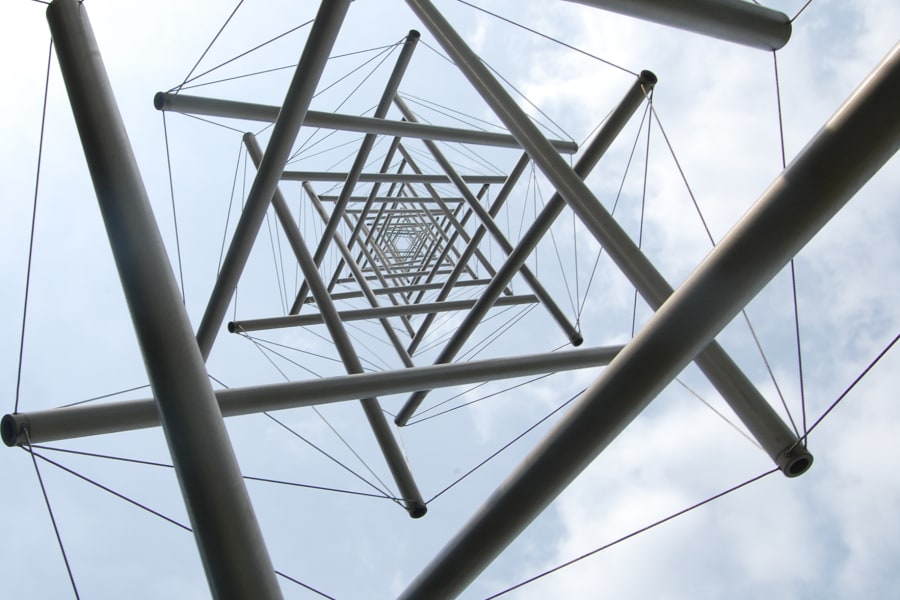
Computational & statistical learning
Our aim is to advance the frontiers of learning theory and machine learning, while building algorithmic tools for the analysis of complex systems and high dimensional data.
MaLGa is primarily a center for fundamental research. A main feature of the research activity at MaLGa is the idea that a fruitful interplay between theoretical and applied questions is the key for long-lasting and impactful contributions. More broadly, this has always been the founding feature of ML studies at the University of Genoa. Our present and past research has always been equally split between foundational work in ML theory, and applied projects, working closely with partners such as hospitals or industries to develop vertical solutions.

Our aim is to advance the frontiers of learning theory and machine learning, while building algorithmic tools for the analysis of complex systems and high dimensional data.

Our scientific interests focus on harmonic analysis, inverse problems, PDE and machine learning.

We investigate different nuances of visual perception in artificial intelligence systems, where computer vision and machine learning are combined to obtain robust data-driven methods addressing a variety of problems.

We blend physics with machine learning and biological behavior to ask how organisms strive in a fluid environment dominated by uncertainty.
Code accompanying the paper “Structured Prediction for CRiSP Inverse Kinematics Learning with Misspecified Robot Models”
Iterreg is a scikit-learn compatible python package to perform iterative regularization of linear models. It implements the algorithm of “Iterative regularization for convex regularizers” by C. Molinari, M. Massias, L. Rosasco and S. Villa, AISTATS 2021.
Python package implementing the Falkon algorithm for large-scale, approximate kernel ridge regression. The implementation is based on PyTorch and runs on CPU and GPU.
Python code implementing Batch-BKB: the first Bayesian optimization (a.k.a. Gaussian process or bandit optimization) algorithm that is both provably no-regret and guaranteed to run in near-linear time time.